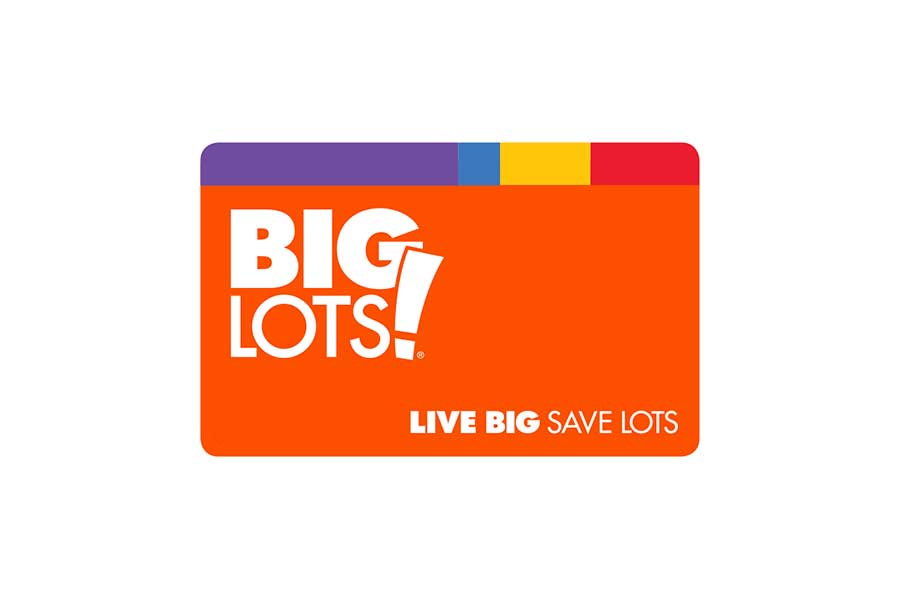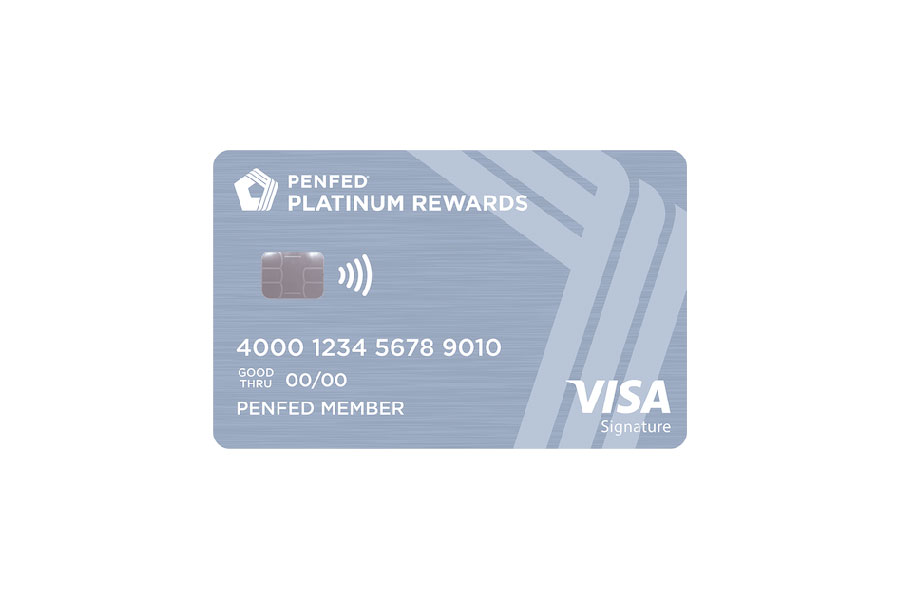Paying off debt should feel like a win. But then your credit score drops—and suddenly it feels like a setback.
It doesn’t mean you did something wrong. Your credit score is based on several factors, and certain changes—like closing an account or shifting your credit mix—can cause a temporary drop.

In this guide, we’ll explain why your credit score might go down after paying off debt and how to avoid common mistakes that can hurt your credit in the process.
Why Your Credit Score Might Drop After Paying Off Debt
Paying off debt should help your credit score—but sometimes, the opposite happens. That’s because your credit score isn’t just about how much you owe. It also factors in account age, credit mix, and how you use your available credit. Depending on the debt you pay off, one or more of those factors might shift in a way that temporarily brings your score down.
Here are 5 reasons that could be causing the drop—and what you can do about it.
Reason 1: Paying Off Debt Can Lower Your Average Account Age
Credit scoring models reward borrowers with older credit histories. The average age of your accounts is calculated by adding up the ages of all your open accounts and dividing by the number of accounts. A higher average age signals stability to lenders.
Why your score might dip:
If you close a long-standing account after paying it off—or if the account simply stops reporting—it could lower your average account age. That can shave a few points off your credit score, especially if you’ve recently opened new accounts.
How to protect your account age:
- Keep old accounts open: Don’t close credit cards just because the balance is zero. Older accounts help your score, even if you don’t use them often.
- Limit new applications: Opening several new accounts in a short period can drag down your average age.
Reason 2: Paying Off a Loan May Hurt Your Credit Mix
Credit mix refers to the variety of account types on your credit reports—like credit cards (revolving credit) and loans (installment credit). A healthy mix shows you can manage different kinds of debt responsibly.
Why your score might dip:
If you pay off your only installment loan, your credit mix becomes less diverse. That can make your profile look less balanced, even if you’re debt-free.
How to maintain a strong mix without overborrowing:
- Only open new accounts when needed: Don’t take on a loan just to add variety to your credit mix.
- Aim for balance: If your credit is made up entirely of revolving accounts, adding an installment loan at some point can help—but only if it fits your financial goals.
Reason 3: Credit Utilization Can Spike After Debt Payoff
Credit utilization—the percentage of your available credit that you’re using—is a major factor in your credit score. Lower is better, with under 30% being ideal.
Why your score might dip:
If you pay off a large loan like a car or mortgage, you might suddenly be left with just credit cards. Even if your balances don’t change, your overall available credit could shrink, pushing your utilization ratio higher.
How to keep it in check:
- Pay off card balances regularly: Try to pay in full, or at least keep usage below 30%.
- Ask for credit limit increases: A higher limit lowers your utilization—as long as your balance stays the same.
- Avoid new debt unless necessary: Transferring balances can help, but watch out for fees and introductory rate traps.
Reason 4: Closing Accounts Too Soon Can Hurt You
Closing a credit account—especially an older one—can backfire. It can shrink your total available credit and shorten your average account age, both of which can lower your score.
Why your score might dip:
Let’s say you pay off a credit card and close it right away. Now you’ve lost a piece of your credit history and reduced your total credit limit, which may raise your utilization ratio.
What to do instead:
- Keep long-standing accounts open: They help your average age and overall credit limit.
- Only close cards with good reason: High fees or fraud risk might justify it—but do the math first.
- Check your reports after closing: Make sure the account is marked “closed by consumer” and shows a $0 balance.
Reason 5: Hard Inquiries May Cancel Out Your Progress
Every time you apply for new credit, a lender pulls your credit report—a hard inquiry. These can shave a few points off your score for about 6 to 12 months.
Why your score might dip:
If you paid off debt and applied for a new loan or credit card around the same time, those inquiries may offset the gains from your payoff.
How to reduce the impact:
- Apply for credit only when needed: Too many applications in a short period can signal risk.
- Use pre-qual tools: Many lenders offer soft pull options that won’t hurt your score.
- Focus on the basics: On-time payments and low balances help your score bounce back quickly.
How to Pay Off Debt to Help Your Credit Score
Paying off debt is always a smart move—but how you do it can either help or hurt your credit score. Here’s how to pay down your balances in a way that builds credit, not damages it.
Use a Strategy That Keeps Your Score in Mind
The way you pay off debt matters. Some strategies help your score faster, while others keep you motivated.
Here’s how to choose the right approach:
- Use the avalanche method to save the most money—pay off high-interest balances first.
- Try the snowball method for quicker wins—pay off your smallest debts first to build momentum.
- Stick with one plan and track progress to stay motivated and consistent.
See also: Debt Snowball vs. Debt Avalanche: Which is Better?
Don’t Close Old Accounts Prematurely
Paying off a credit card doesn’t mean you should shut it down. Keeping older accounts open can help your credit profile long term.
What to do instead:
- Leave cards open, even with a zero balance, to protect your account age and credit limits.
- Only close accounts if they’re costing you money or you’re not using them at all.
- Rotate usage occasionally on older cards to keep them active and avoid involuntary closures.
Watch Your Credit Utilization After a Payoff
Paying off a loan can leave you with fewer accounts and less available credit, which might bump up your credit utilization ratio.
How to avoid that trap:
- Keep credit card balances low—ideally under 30% of your limit, or lower if possible.
- Ask for higher credit limits on cards you plan to keep long term.
- Space out big purchases if you’re paying with credit, so your statement balance doesn’t spike.
How to Keep Your Credit Score From Dropping
A strong credit score takes consistent habits—not just a one-time payoff. Here’s how to keep your score steady as you reduce debt.
Check Your Credit Regularly
Mistakes on your credit report can drag your score down.
- Review your credit reports from all three credit bureaus at least once a year to identify any errors, discrepancies, or signs of identity theft.
- Dispute errors quickly to prevent unnecessary damage to your score.
Always Pay Bills On Time
Payment history is the biggest factor in your credit score.
- Set up autopay or calendar reminders to avoid missed due dates.
- Pay at least the minimum, but aim for the full balance when possible.
Keep Old Accounts Open
Even if you’ve paid them off, older accounts help your credit profile.
- Leave credit cards open, especially those with a long history and no annual fee.
- Avoid closing multiple accounts at once, which can spike your utilization and shrink your credit age.
Maintain a Healthy Mix of Credit
Lenders like to see that you can handle both revolving and installment debt.
- Don’t overload on one type—a mix of loans and credit cards is ideal.
- Only take on new accounts if they serve a real purpose.
Limit Hard Credit Inquiries
Too many credit applications in a short time can signal risk.
- Use pre-qualification tools to gauge approval odds without impacting your score.
- Apply selectively and avoid stacking multiple credit applications.
Bottom Line
Paying off debt is always a win—but your credit score doesn’t always get the memo right away. Some temporary dips are normal. What matters is what you do next.
Stay smart about how you manage your credit after paying off debt. Keep good habits in place, avoid common missteps, and your score will stay on track—or even climb higher.




